Explainer: Will the India-EFTA pact be a ‘game-changer’?
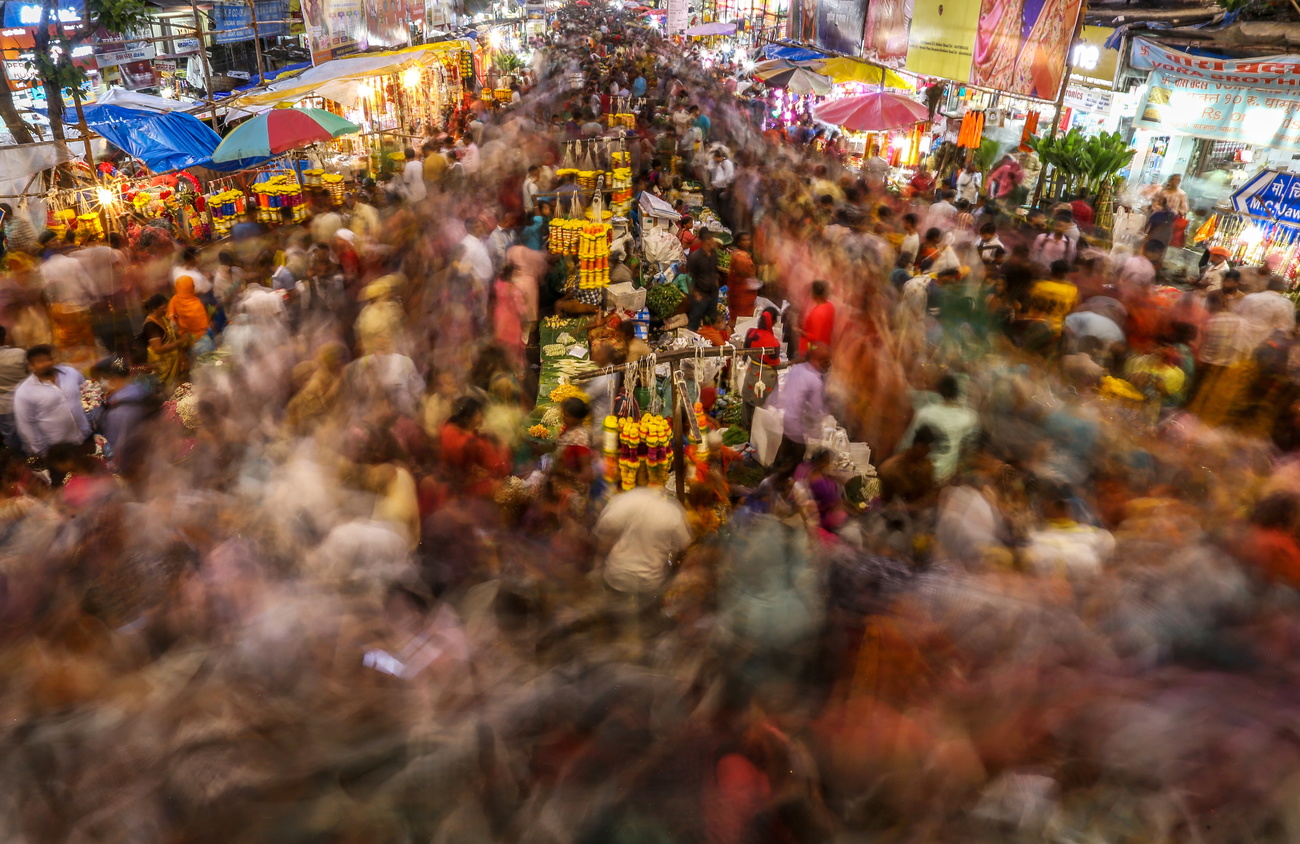
A “watershed”, a “game-changer” and a “win-win” solution – Swiss and Indian officials seem to have run out of superlatives to describe the India-EFTA free trade agreement signed at the weekend after years of tough negotiations. But is it really that rosy? A look at the key details behind the pact.
On March 10, India signed a wide-ranging free trade agreement (FTA)External link with the four members of the European Free Trade Association (EFTA): Switzerland, Norway, Iceland and Liechtenstein. This followed 21 rounds of talks over 16 years.
The four small European nations have committed to invest $100 billion (CHF87.6 billion) in the South Asian country and help create a million jobs over 15 years. There is huge potential. Last year India became the world’s most populous nation, with 1.4 billion people. It has an expanding middle class and is currently the fastest-growing major economy (8.4% economic growth at the end of 2023).
In return, India says it will lift, or partially remove, very high customs duties on 95.3% of industrial imports, excluding gold, either immediately or over time.
India and the four EFTA states now need to ratify the accord before it can take effect, with Switzerland planning to do so by next year.
How might Switzerland benefit from the India-EFTA deal?
In global terms, Switzerland and India are not major trading partners. Bilateral trade stood at CHF17.7 billion in 2023 (provisional figure). Currently, Swiss exports to India are mainly precious metals, machinery, pharmaceuticals and chemicals; imports are mostly chemicals, textiles, precious metals and agricultural products.
But the deal is expected to ease access for companies to India’s vast market. Currently more than 300 Swiss firms such as Nestle, Holcim, Sulzer and Novartis operate there.
Switzerland’s State Secretariat for Economic Affairs (SECO) saysExternal link future opportunities for Swiss firms exist in the areas of infrastructure, construction, luxury goods, digitalisation, clean tech and electromobility.
Swiss manufacturers and exporters of machine tools and other engineering products, high-end watches, chocolate, processed food and beverages could also benefit, alongside the pharmaceutical and medical devices industries.
Sectors such as dairy, soya, coal and “sensitive agricultural products” will be excluded, however. EFTA’s biggest export to India by far is gold, mostly from Switzerland. New Delhi said the duty on this would remain untouched.
How has the deal been welcomed in Switzerland?
On his return home Swiss Economics Minister Guy Parmelin could not hide his joy, declaring the pact would give Swiss firms a “competitive edge” for many years.
“It’s historic. India was perhaps the missing element in our network of free trade agreements. It enables us to diversify,” he told Swiss public television, RTS. Eliminating customs duties will generate around CHF170 million a year in additional exports, he added.
Martin Hirzel, president of Swissmem, the umbrella organisation for the mechanical and electrical engineering sectors, called it a “game-changer”. He says it comes at the right time ahead of a possible India-European Union free trade deal.
“We now have an overpriced Swiss franc that represents a huge challenge for firms. We are experiencing an industrial recession and the number of new orders is declining. Now we have a 20% remission of customs duties in India. We’ve become competitive again overnight,” he told Swiss public television, SRF.
But Thomas Cottier, a retired commercial law professor at the University of Bern, was more circumspect.
“I don’t think it’ll be a game-changer,” he told SRF. “It’ll certainly result in a growth in trade with India. But we’re already starting at a modest level of 3.7% in 2022; that will possibly rise to 4-5%.”
How could India benefit from the India-EFTA deal?
On the Indian side, Prime Minister Narendra Modi called the signing a “watershed”.
“This landmark pact underlines our commitment to boosting economic progress and creating opportunities for our youth. The times ahead will bring more prosperity and mutual growth as we strengthen our bonds with EFTA nations,” Modi posted on X.
India said the pact would boost exports in areas such as IT, business services, education, pharmaceuticals, garments, chemicals and machinery. But the main focus is on investments. Government officials hope the FTA would give impetus to Modi’s “Make in IndiaExternal link” initiative to boost investment and jobs, especially in the automobile, food processing, railway and financial sectors.
Modi’s government is seen to be taking advantage of India’s growing appeal as a fast-growing economy and an alternative to China for global supply chains to secure a number of FTAs. India has now signed four in quick succession since 2021. Switzerland and EFTA are the first European FTA partners. India is also in discussions with the UK, the European Union and Australia for free trade pacts.
The EFTA deal comes days before Modi is due to announce dates for a national election.
Analysts said the EFTA pact may not immediately help India to reduce its large trade gap with EFTA but will help attract investment into key industries.
“The trade agreement will help attract investment in critical sectors like medical devices, clean energy and expand exports to other countries by accessing Swiss and Norwegian technologies,” trade economist Ram Singh, who heads the Indian Institute of Foreign Trade, a New Delhi thinktank, told Reuters.
Is there any political opposition to the deal in Switzerland?
The agreement must still be greenlighted by Switzerland’s parliament. An approval procedure will be launched soon so that it can be ratified by 2025 at the latest.
While it was hailed by Swiss business leaders and centre-right politicians, parliamentarians on the left still have questions.
“Investments can be a driver for sustainable development and good jobs. But they can also be a disadvantage if the money is invested in coal mining or tropical deforestation. So we’ll need conditions [in the deal] to prevent these kinds of things,” Social Democrat Fabian Molina told SRF.
If major political differences persist, the agreement could be challenged in a national referendum in Switzerland, like the free trade accord with Indonesia which narrowly survived a vote in March 2021.
What does the Swiss pharma industry think of the deal?
In a nod to the Swiss pharmaceuticals industry, the government said the accord includes “improvements” to intellectual property rights, patent procedures and the protection of “Swissness”. But the Swiss pharma industry’s welcome has been cautious.
“In principle, we support the conclusion of new free trade agreements,” said Stephan Mumenthaler, head of Scienceindustries, the umbrella organisation for the chemicals, pharmaceuticals and life sciences sectors. But it’s too early for a definitive assessment of the text, the group says. “It’s important that the protection of intellectual property is duly guaranteed and that the parties undertake to respect the standards established at international level,” it added.
Public Eye, a Swiss NGO that closely followed the trade talks, in particular health issues, was also reserved.
“On the one hand, the worst has been avoided with the renunciation of an automatic extension of monopolies linked to intellectual property, such as the extension of the duration of patents or the exclusivity of regulatory data, which Switzerland had long been calling for,” the NGO’s health policy expert Patrick Durisch told Le Temps newspaper. “This would have delayed the market entry of cheaper generic medicines in India, but also in many other poor countries that depend on them.”
But the text contains problematic aspects that go beyond World Trade Organization (WTO) standards, aimed at weakening public health safeguards against unmerited and abusive patents and thereby jeopardising the right to health, he added.
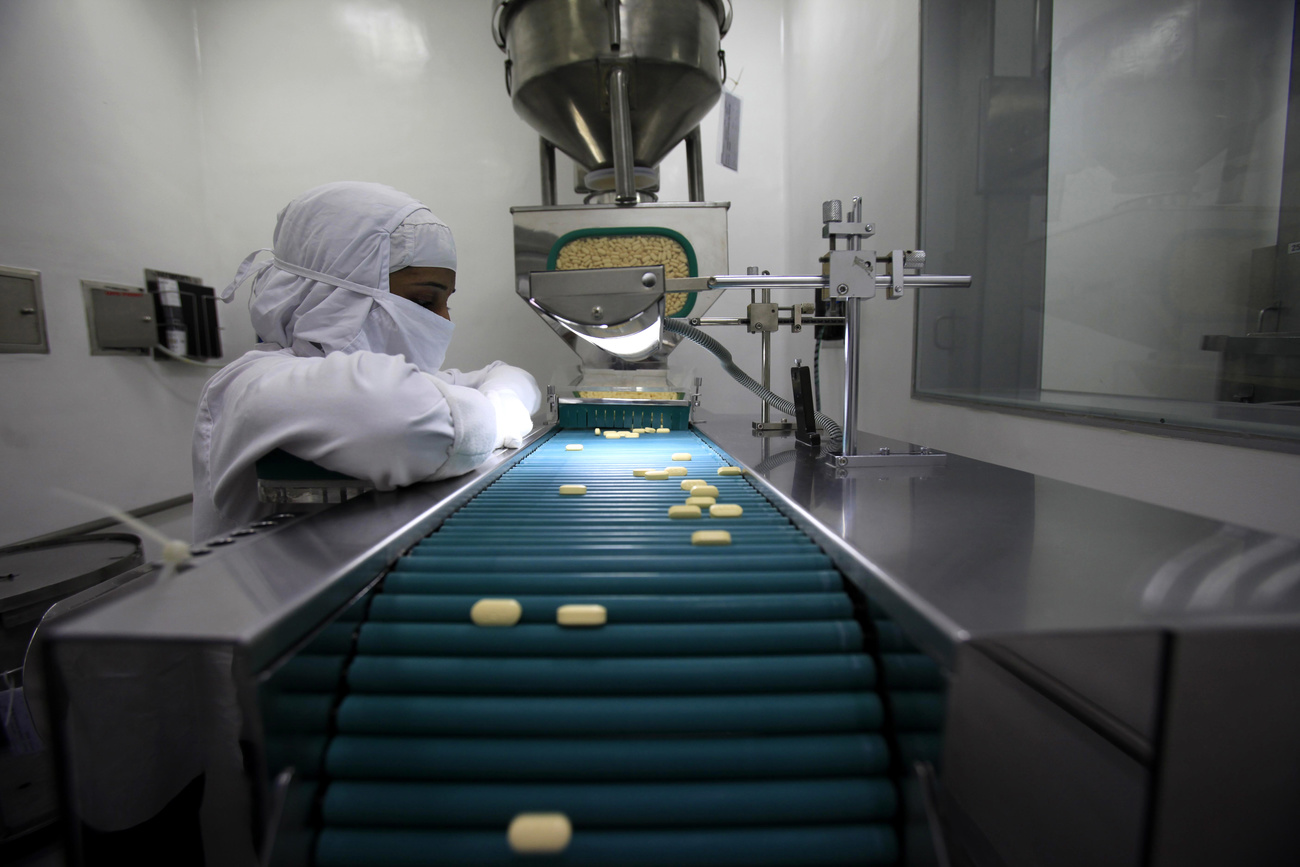
More
Swiss trade deal: Is India changing its tune on pharma patents?
Edited by Reto Gysi von Wartburg/ts
Do you want to read our weekly top stories? Subscribe here.

In compliance with the JTI standards
More: SWI swissinfo.ch certified by the Journalism Trust Initiative

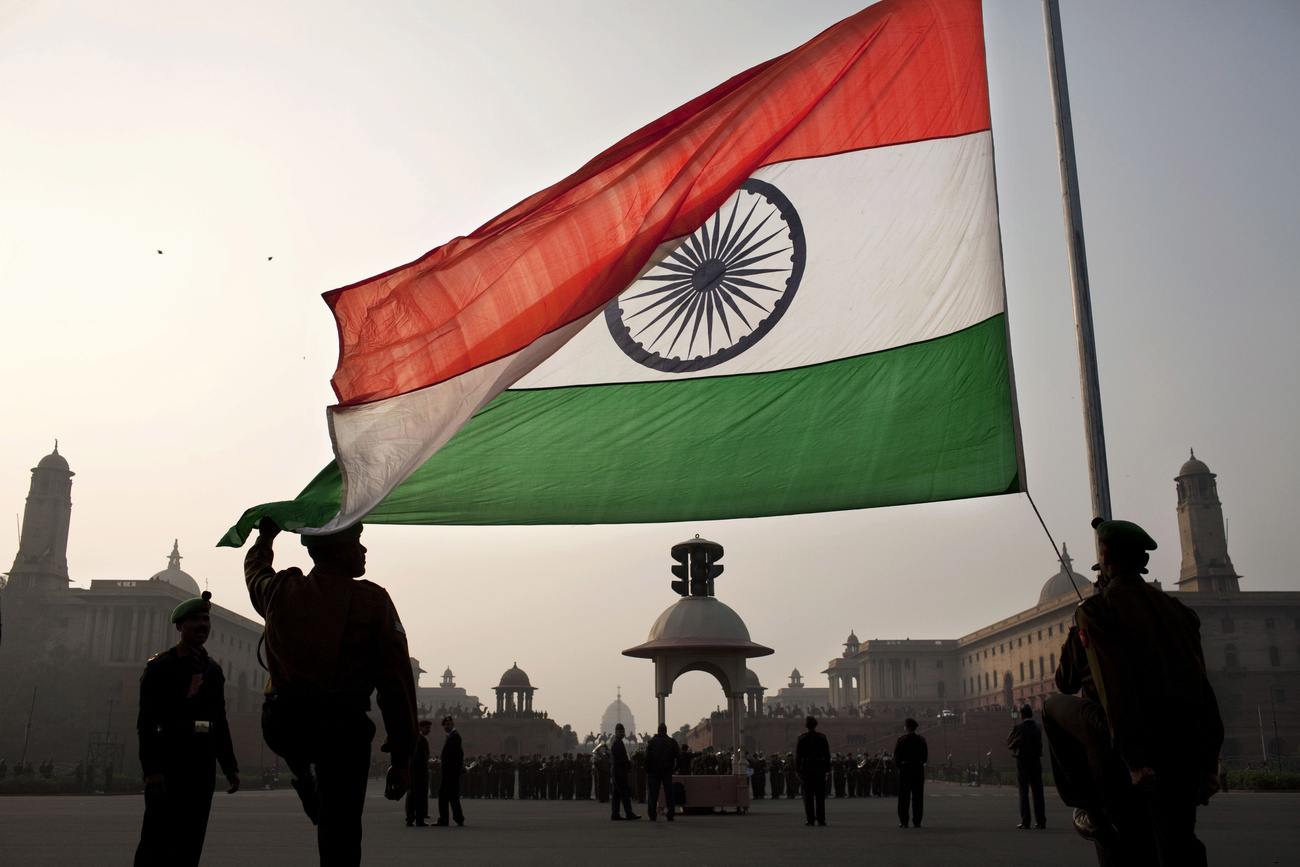
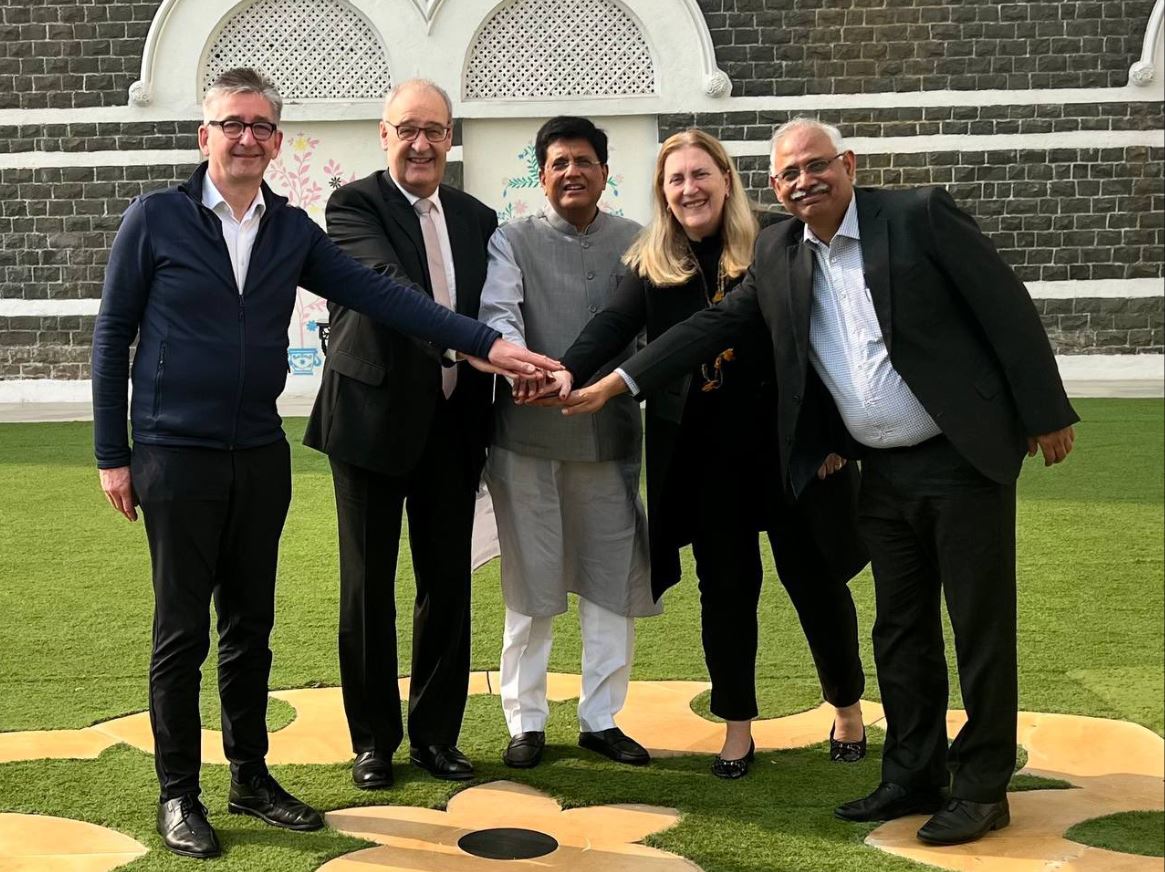
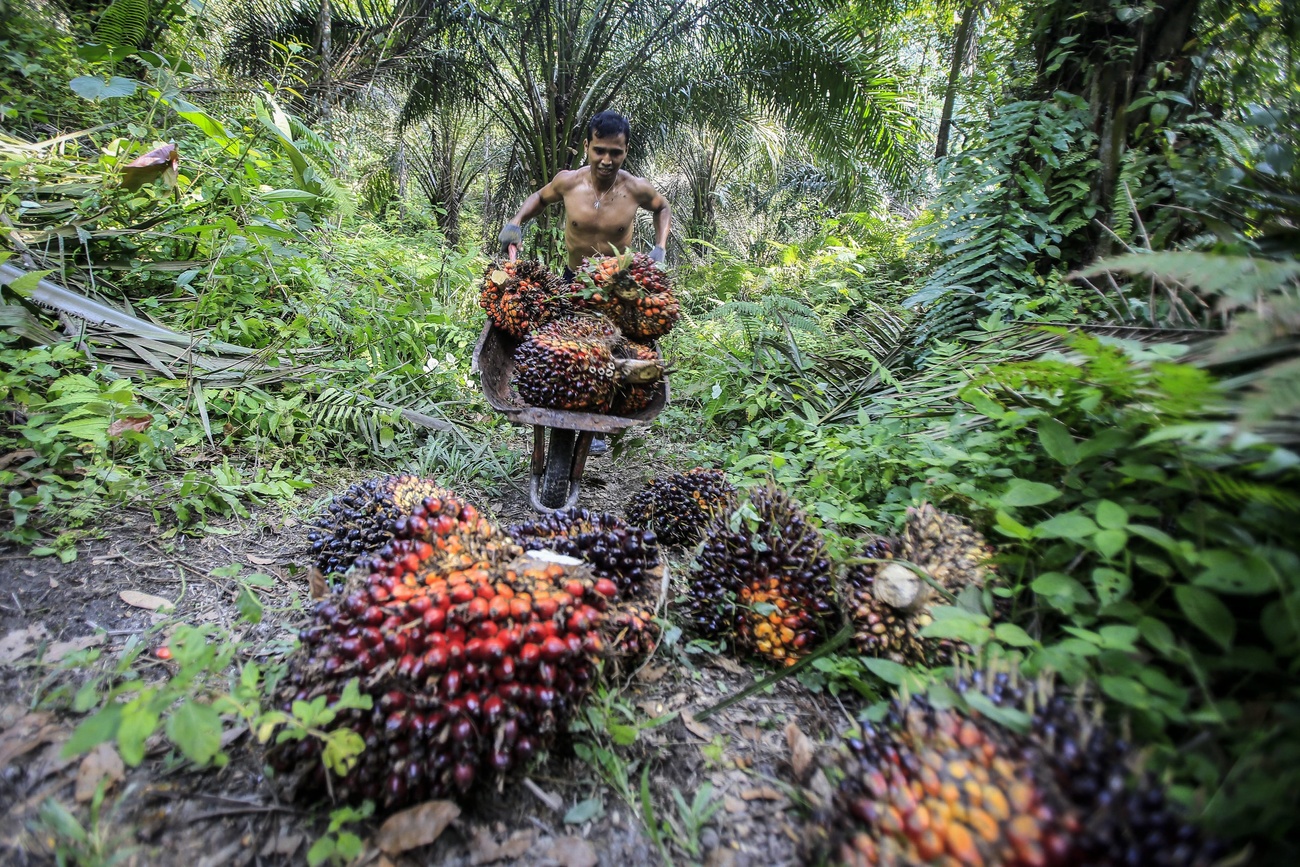
You can find an overview of ongoing debates with our journalists here. Please join us!
If you want to start a conversation about a topic raised in this article or want to report factual errors, email us at english@swissinfo.ch.